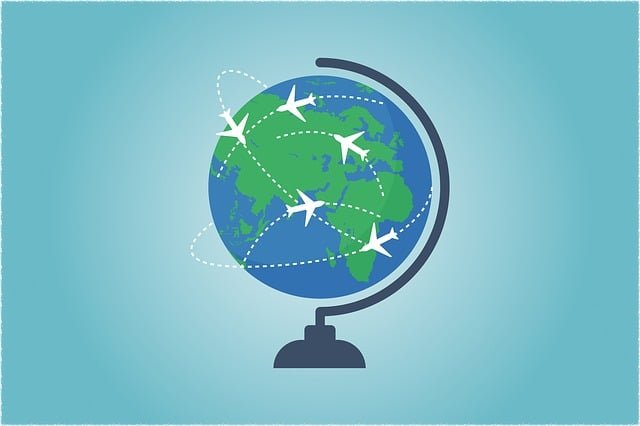The Transformative Impact of AI on Shipping Logistics
Post written By Neptali Chai
Artificial intelligence (AI) has become a focal point in the evolution of shipping logistics, promising to revolutionize supply chains and redefine industry standards. The rise of AI, or perhaps more fittingly described as augmented intelligence, brings both promise and challenge to the logistics landscape. Augmented Intelligence in Collaboration with Humans AI systems, such as ChatGPT, have showcased the potential for collaboration between machines and humans. Rather than replacing human roles, these systems work in tandem with people, augmenting human intelligence and addressing labor shortages in the logistics sector.
As we delve into the era of AI, it is imperative to recognize the symbiotic relationship between technology and human expertise. The widespread adoption of AI is exemplified by the rapid success of ChatGPT, with over 100 million users within a short timeframe. The global race for AI dominance is evident, with the United States contemplating regulations, China aspiring for leadership by 2030, and Putin asserting the pivotal role of AI in global influence. AI’s Promise for Supply Chain Enhancement In the realm of shipping logistics, AI holds the promise of enhancing supply chain flexibility, resilience, and efficiency. Notable examples include Google’s 40% reduction in energy costs through DeepMind AI and Mahindra’s significant improvements in forecasting, leading to enhanced service levels and reduced inventories. Venture funding, totaling $80 billion since 2015, underscores the industry’s commitment to digitizing and automating supply chains. However, despite the momentum and substantial funding, the pace of supply chain automation has been slower than anticipated. The complexity of industry fragmentation poses both an opportunity and a challenge for AI optimization in supply chains. Challenges and Opportunities in AI-Driven Logistics The Boston Consulting Group’s 2021 survey sheds light on the prevalent use of AI in demand forecasting but highlights its slower adoption in higher-potential areas for automation. Several logistics tech startups remain in proof-of-concept stages, emphasizing the challenges in translating AI potential into widespread industry implementation.
Nevertheless, success stories from early adopters, such as Amazon and DHL, showcase the transformative power of AI-enabled supply chain automation. McKinsey reports significant cost reductions, inventory level decreases, and service level improvements for those who have embraced AI solutions. Gartner’s expectation of doubling machine automation in supply chains within the next five years signals an imminent transformation. Key areas where AI can elevate supply chain performance include supply chain optimization, price optimization, warehouse automation, autonomous trucking, real-time visibility, inventory management, customer service automation, and predictive maintenance. Global Dynamics and Regulatory Impact The recent imposition of export restrictions on high-end AI chips by the United States, affecting companies like Nvidia, adds a geopolitical dimension to the AI landscape. Such regulatory actions contribute to the evolving narrative of AI as a strategic asset, further emphasizing its global impact on various industries. As the logistics sector navigates through geopolitical uncertainties, the integration of AI technologies becomes not just a matter of innovation but also one of strategic significance.
The industry must adapt to evolving regulatory landscapes while leveraging the transformative potential of AI to stay competitive and resilient. In conclusion, AI’s role in shipping logistics is not just about automation; it’s a paradigm shift in how we conceive, execute, and optimize supply chains. Early adoption of AI technologies empowers users to lead industry change and sets the stage for a future where augmented intelligence is integral to the success of the logistics ecosystem.



